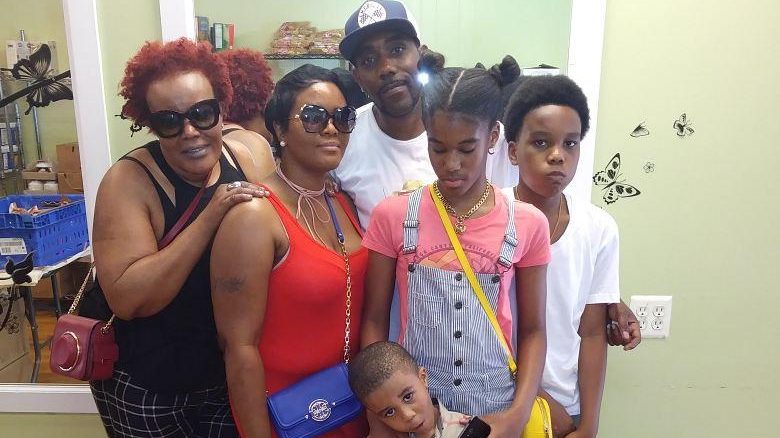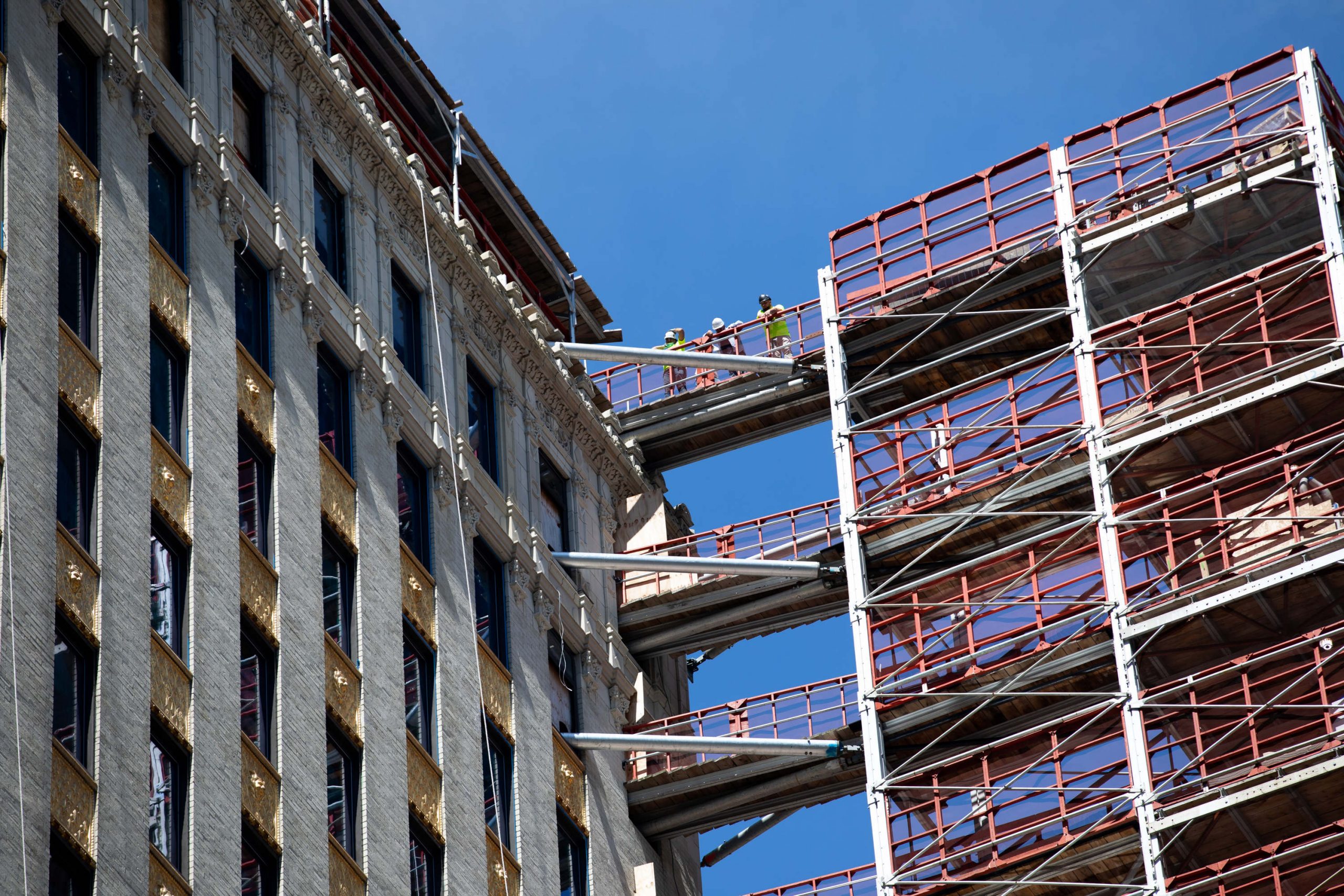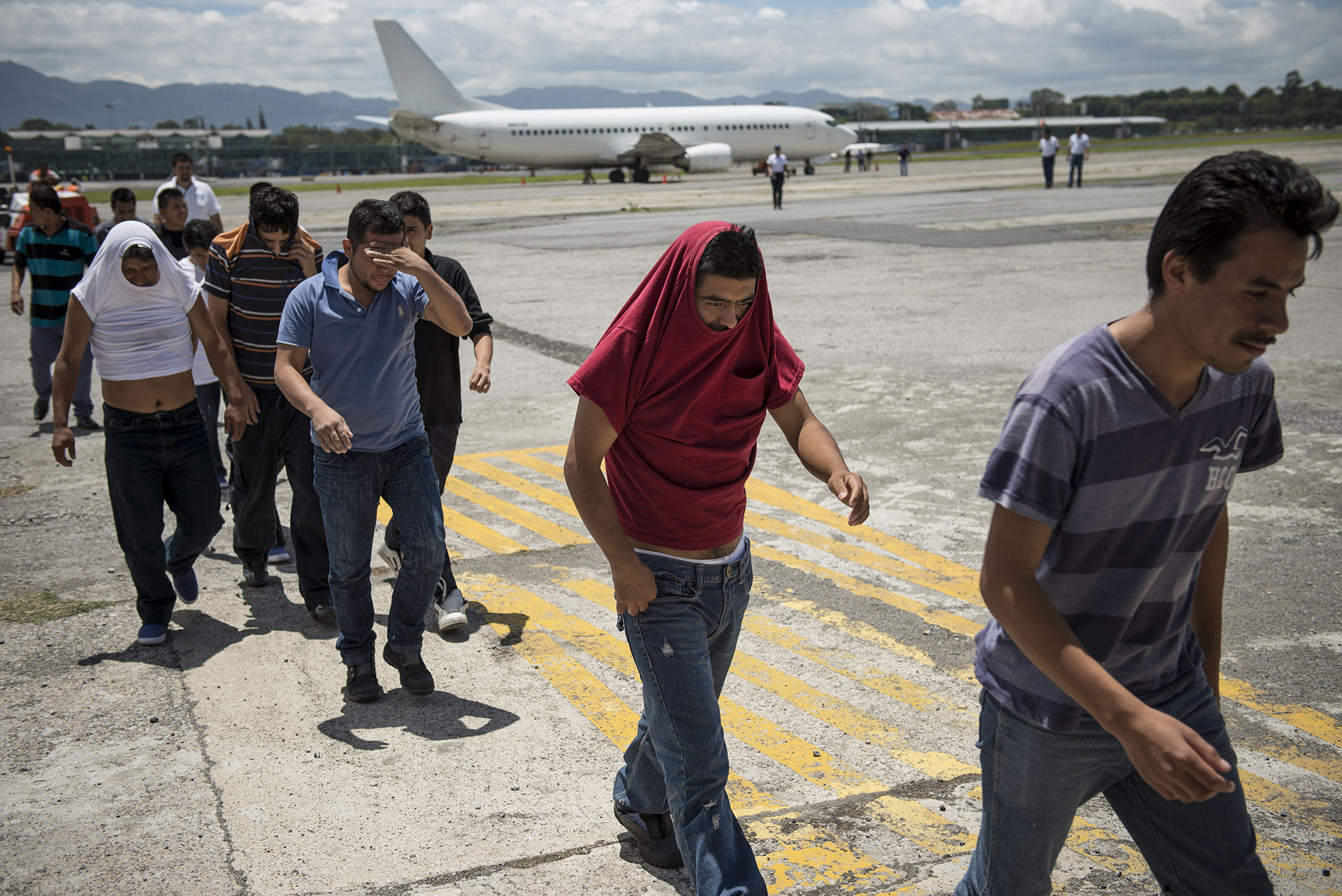It’s been almost two years since 41-year-old Dane Freeman was released from immigration detention and told that Immigration and Customs Enforcement wouldn’t pursue his case. He was relieved. He’d been in the U.S. since he was 15 and overstayed his visa. He’d married, had three kids, and was holding down a job at Diane Von Furstenberg on 14th Street in New York.
So it was a shock in July when his lawyer Zoey Jones from Brooklyn Defender Services told him his immigration case was being reopened and a hearing was scheduled for August. “I felt like I was robbed,” Freeman said. Like thousands of other immigrants whose cases had been administratively closed, then reopened, Freeman is facing the nightmare of possible deportation and removal from the life he has built in the U.S.
Attorneys in New York told Documented that dozens of their clients whose cases were suspended have had their cases reopened. The shift comes after Attorney General Jeff Sessions ended what’s known as administrative closure, which allowed immigration judges to temporarily remove cases from their docket. It often occurred in cases where immigrants needed to resolve things outside of the court’s jurisdiction or when the cases were set aside at the request of the government. Instead, Sessions has ordered almost all of the some 350,000 closed cases re-calendared, in order of priority.
Sessions’s decision came in May in the Matter of Castro-Tum. As attorney general, Sessions has the power to issue a decision on any case. After the Board of Immigration Appeals ordered the judge to reopen Castro-Tum, Sessions issued a broad ruling that meant that judges no longer have the authority to administratively close cases and all previously closed cases should be reopened. “Immigration judges and the Board do not have the general authority to suspend indefinitely immigration proceedings by administrative closure,” Sessions wrote.
The ruling may affect 51,069 cases in New York that, according to Syracuse University’s Transactional Records Access Clearinghouse (TRAC), were administratively closed in immigration courts between fiscal years 1998 and 2017. BuzzFeed reported that nearly 8,000 cases have already been re-calendared nationwide this year.
According to a memo filed by ICE to the agency’s Office of the Principal Legal Advisor, the Department of Homeland Security will prioritize re-calendaring cases in which an immigrant is in detention, those that “involve human rights or national security issues,” and those involving an immigrant with a criminal history.
“You’re possibly speaking about people who have had cases been closed for you know, 10 years or more,” said Myriam Sanchez Hildenbrand, an immigration attorney in Manhattan. “Now they’re looking at having to face a judge again and possibly removal from the U.S.”
Hildenbrand said she has about 50 cases that were previously administratively closed, but only one that has been re-calendared so far, that of a client who had their case taken off the docket in 2014.
Lawyers are also struggling to find clients that they may have lost touch with to notify them their cases, which they thought were over, are being restarted. If these clients fail to show up to immigration court, they may be ordered deported in absentia.
Sessions’s decision also means more work for already overburdened immigration judges. Prior to his order, the immigration courts had a severe backlog, with 746,049 cases yet to be decided, according to TRAC. The Trump administration has put pressure on judges to reduce the backlog and speed up deportations by issuing court completion goals and instituting quotas and deadlines which are set to go in place in October.
“What this means for judges is frankly extra unnecessary work,” said Ashley Tabaddor, an immigration judge and president of the National Association of Immigration Judges. “It just adds so much inefficiencies and unnecessary litigation that it makes it much harder for us to be able to manage our docket effectively.” She spoke to Documented in her capacity as president of the union as judges are not authorized to speak with the press.
Meanwhile, in New York, Freeman is struggling with what the move means to him and to his family. After coming from Jamaica to visit his mother and overstaying his visa in 1992, he attended Canarsie High School, where he captained the soccer team and met his future wife, Michelle, who is a U.S. citizen.
He later moved to Winston Salem, North Carolina to live with his uncle and try to attend the local community college. It was there in 1997 that he was pulled over by the police while in the passenger seat of his friend’s car. The cops searched the car and found crack cocaine.
“I was in the wrong place at the wrong time,” he said.
Freeman held that the drugs weren’t his, but he pleaded guilty to attempted possession and trafficking of cocaine and received 3 years probation.
Almost 20 years later, in 2016, Freeman was arrested by ICE after he applied for a green card a second time and failed, putting him on their radar. He spent 6 months in detention at the Hudson County Correctional Facility in New Jersey and was freed on a $3,000 bond. Freeman’s attorney, Jones, convinced ICE lawyers to exercise prosecutorial discretion, where prosecutors agree not to pursue a case further.
In January 2017, following a request from both parties, the judge administratively closed the case.
“That was joy. Celebration to my ears,” he recalled. Relieved, he sat on his porch in Brooklyn that night and enjoyed a beer.
But thanks to Sessions’s decision, he’s back in court. The night before his hearing last week, he told his three children, aged 13, 11 and almost five, that his case was opened again. Their biggest fear was that he’d go back to detention.
“My daughter, she worries a lot,” Freeman said. “If I’m not home by my usual time of 8:30 … she’ll call me at 8:45 saying, ‘Daddy, where are you?’”
His fight to stay in the U.S. now depends on an asylum claim.
“I don’t know if tomorrow they’ll come and say they’re deporting me,” he said. “I don’t wish this on no one.”














